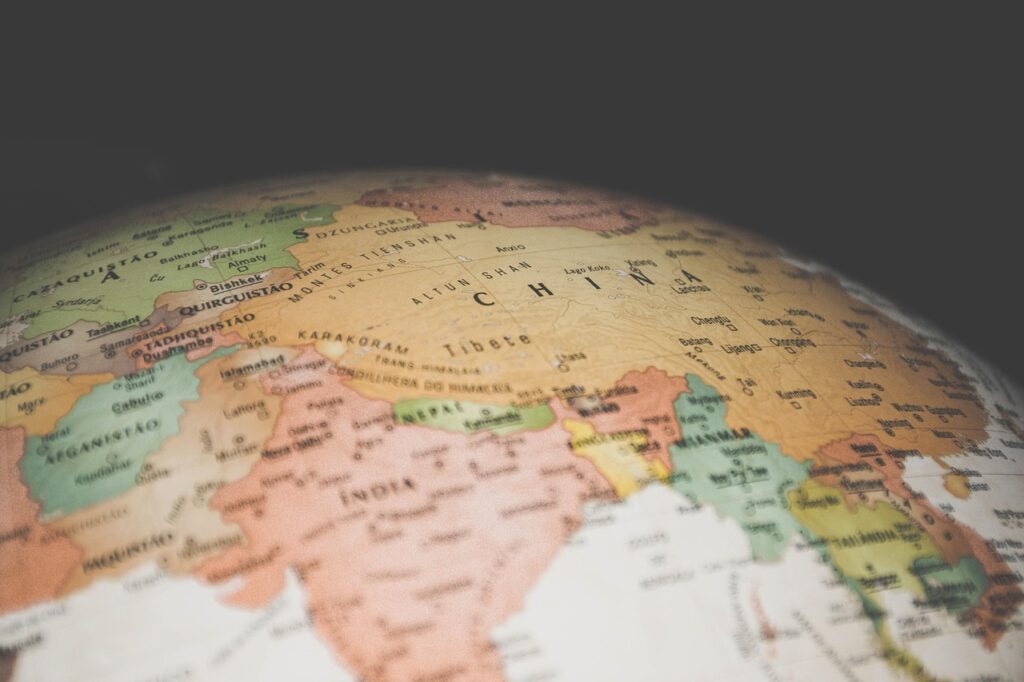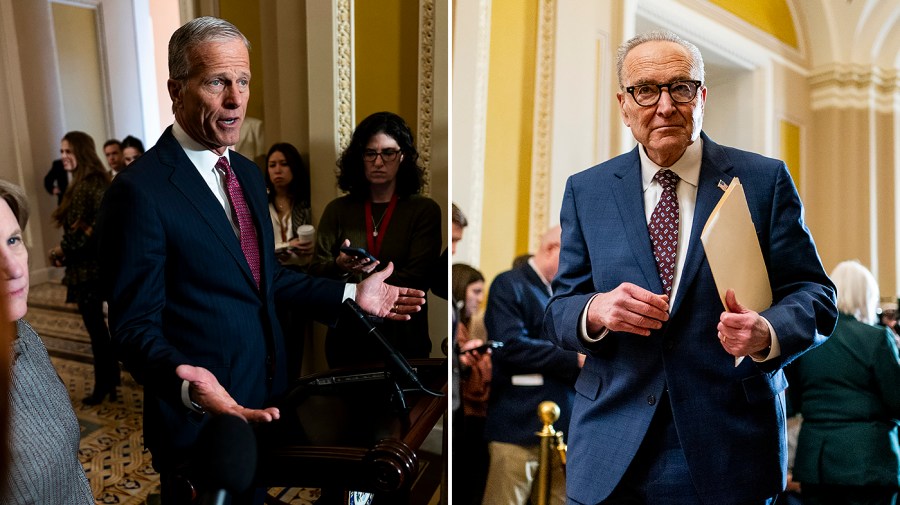
Pakistan, created in 1947 as a homeland for Muslims in South Asia, finds itself at a crossroads in regional geopolitics. The nation faces significant challenges, particularly from its neighbor, Afghanistan, which is now under Taliban control. This article explores the dual threats to Pakistan’s sovereignty posed by the Taliban’s territorial ambitions and their rigid Deobandi ideology, which seeks to impose a singular interpretation of Islam on Pakistan’s diverse society.
The Taliban’s Unified Front
The Afghan Taliban, which currently governs Afghanistan, and Tehrik-i-Taliban Pakistan (TTP) are often mischaracterized as separate entities. Most TTP members were born in Pakistan, and many Afghan Taliban fighters grew up as refugees in the country. Both groups share a Pashtun heritage, coordinate their operations, and adhere to Deobandi ideology under the leadership of Haibatullah Akhundzada. While the Afghan Taliban attempts to distance itself from the TTP to evade accountability for cross-border attacks, their collaborative actions undermine this separation. The TTP conducts militant operations in Pakistan, often retreating to safe havens in Afghanistan where they receive protection from the Taliban leadership.
Despite being Pashtuns, not all Pashtuns align themselves with the Taliban. Prominent figures such as Malala Yousafzai exemplify the millions of Pashtuns who reject the Taliban’s extremist ideology. Of approximately 55-60 million Pashtuns across Afghanistan and Pakistan, a significant majority do not support militant politics, highlighting the flawed nature of the Taliban’s claim to represent all Pashtuns.
The Impact of Counterterrorism Efforts
The internal divisions in Pakistan, exacerbated by ongoing military operations against the TTP, pose a severe risk to local communities. Thousands of families in Khyber Pakhtunkhwa have been displaced as military campaigns disrupt their livelihoods. The humanitarian impact is profound, with civilian casualties on the rise due to operations targeting militant hideouts in populated areas. This situation has left families traumatized and distrustful of the government.
Political discord further complicates the scenario. The provincial government, led by the Pakistan Tehreek-e-Insaf (PTI) under imprisoned former Prime Minister Imran Khan, openly criticizes military actions, accusing the army of overreach. Such political divisions weaken Pakistan’s unified stance against the Taliban, allowing the group to exploit the chaos, attack state institutions, and expand its influence.
Pakistan must recognize that the Taliban issue extends beyond security concerns; it is fundamentally ideological. The history and social tensions in Khyber Pakhtunkhwa serve as a cautionary tale for policymakers, urging them to distinguish between counterterrorism and civil conflict. The ideological roots of the Taliban, particularly the Deobandi beliefs that underpin their insurgency, cannot be ignored.
The Deobandi movement, which emerged in the 19th century in British India, opposes secularism and Western influence. Its teachings are propagated through madrassas across India, Pakistan, and Afghanistan. The Taliban’s adherence to these beliefs has led them to reject the pluralistic constitutional framework of Pakistan. This opposition to modern governance and women’s rights further alienates them from the broader Muslim population in Pakistan.
The Taliban’s ambition extends beyond territorial claims; it represents an effort to expand Deobandi ideology into Pakistan, imposing their interpretation of Islam on a culturally diverse nation. The major Deobandi political party, Jamiat-Ulema-e-Islam (JUI-F), despite its peaceful and democratic stance, has struggled to gain significant political traction, indicating a lack of widespread support for the Taliban’s ideology.
The Taliban’s governmental legitimacy is further eroded by its oppressive policies, particularly towards women. The contrast between Pakistan’s legal framework, which allows for plural interpretations of Islam, and the Taliban’s coercive enforcement of their version of Islam underscores the ideological divide between the two nations.
Diplomatic recognition remains elusive for the Taliban, as none of the 57 member states of the Organization of Islamic Cooperation (OIC) have fully recognized their government. While Russia has tentatively acknowledged the Taliban regime, the group struggles to gain legitimacy in the Muslim world due to its oppressive measures against women and its destabilizing impact on neighboring countries.
The historical context of the Durand Line, established in 1893 to delineate the boundary between Afghanistan and British India, continues to fuel tensions. The Taliban’s rejection of this line revives age-old grievances that have become entwined with their militant agenda. The Durand Line has been a point of contention for Afghan governments, particularly those led by Pashtuns, who view it as a colonial imposition.
Despite the Taliban’s aspirations to unite Pashtun territories, historical precedents suggest that such ambitions may be unrealistic. A referendum held prior to the partition of British India revealed that over 99% of voters in Khyber Pakhtunkhwa chose to join Pakistan, illustrating the complexities of Pashtun identity and allegiance.
Calls for Pashtun self-determination based on ethnic lines risk destabilizing both Afghanistan and Pakistan. Many Pashtuns in Pakistan are integrated into national life and unlikely to align with the Taliban’s vision. Movements advocating for Pashtun rights highlight the need for human rights protections during military operations against militants.
In summary, the Taliban’s threat to Pakistan stems from a combination of ethnic geography and theological ideology. The contestation over the Durand Line and the imposition of Deobandi beliefs threaten Pakistan’s sovereignty and constitutional integrity. As Pakistan contemplates its future, it must navigate these challenges while preserving its pluralistic society against the encroaching influence of the Taliban. The stability of South Asia hinges on Pakistan’s ability to maintain its autonomy in the face of this complex and multifaceted threat.






